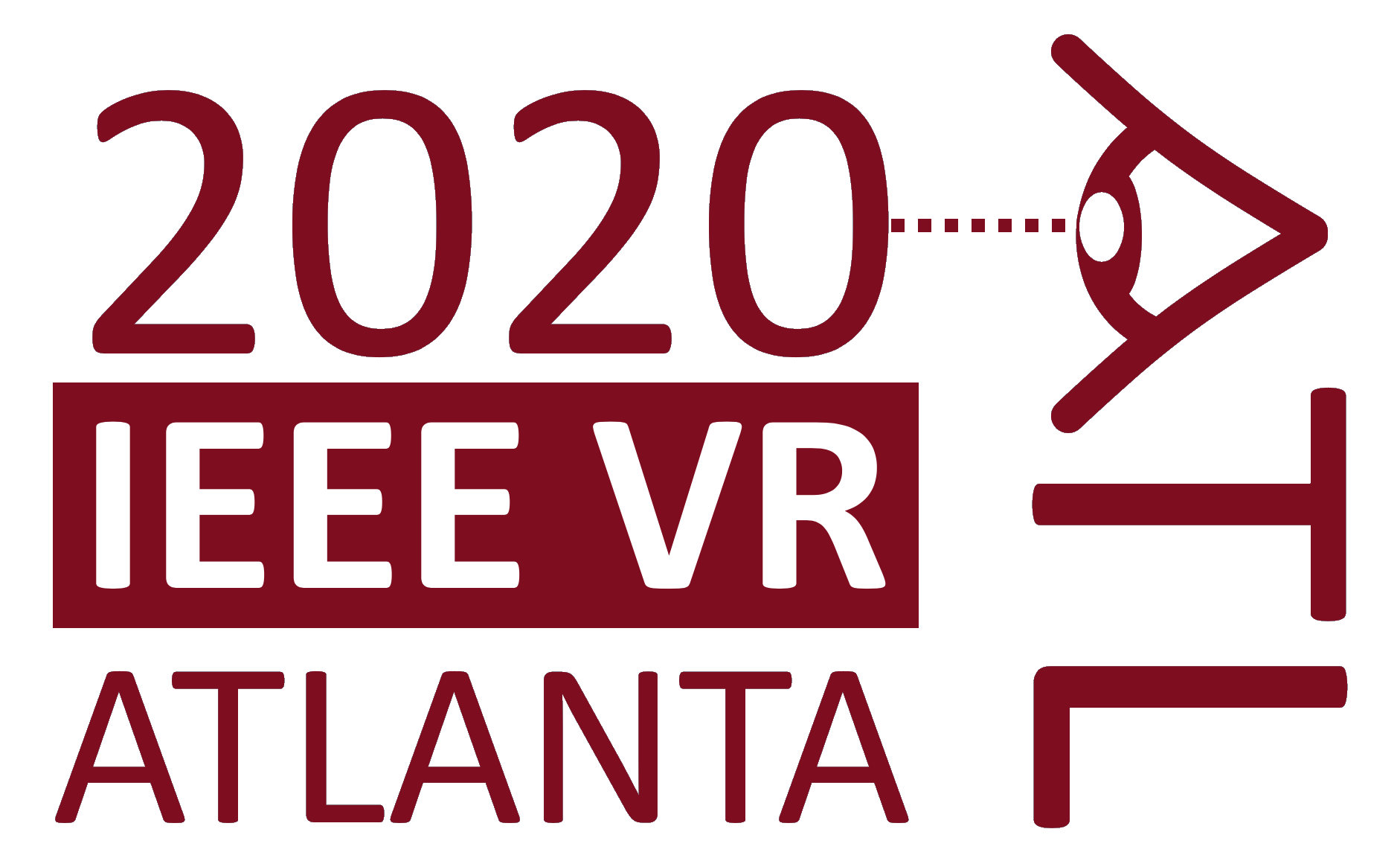
March 22nd - 26th

March 22nd - 26th
Conference Sponsors:
Gold

University of Georgia
Silver

Georgia Institute of Technology
Bronze
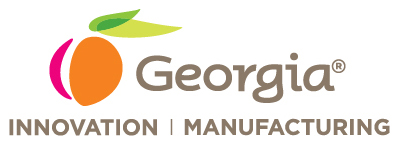
The Center of Innovation for Manufacturing - Georgia Institute of Technology
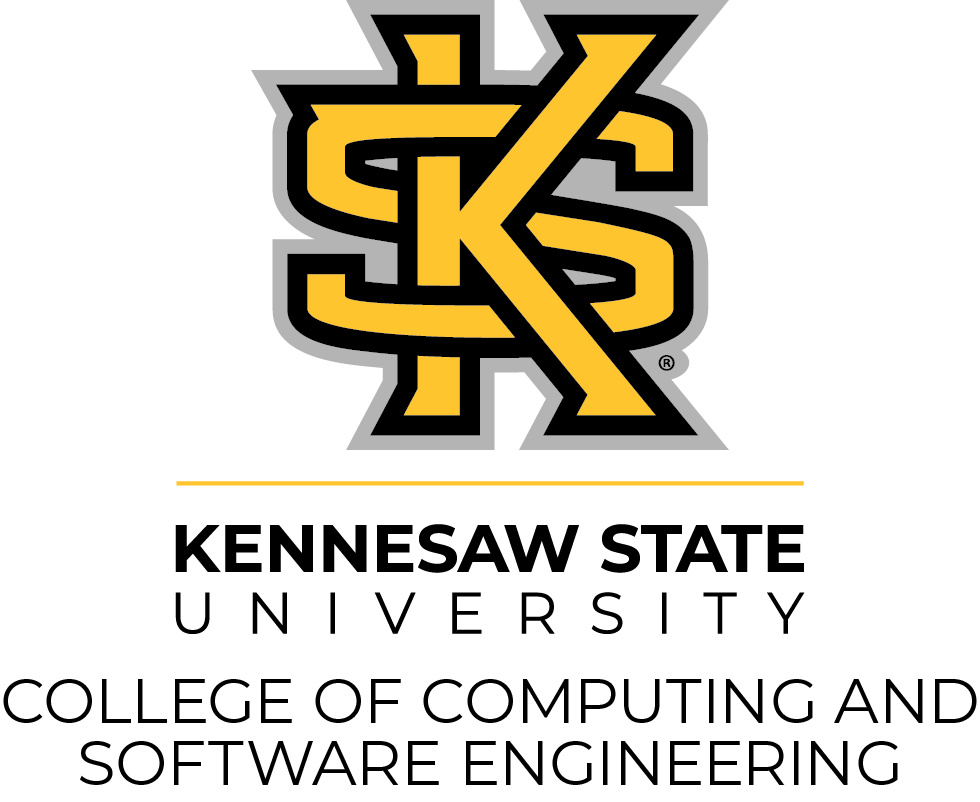
Kennesaw State University

Mozilla

Microsoft Research, Altspace and Mixed Reality
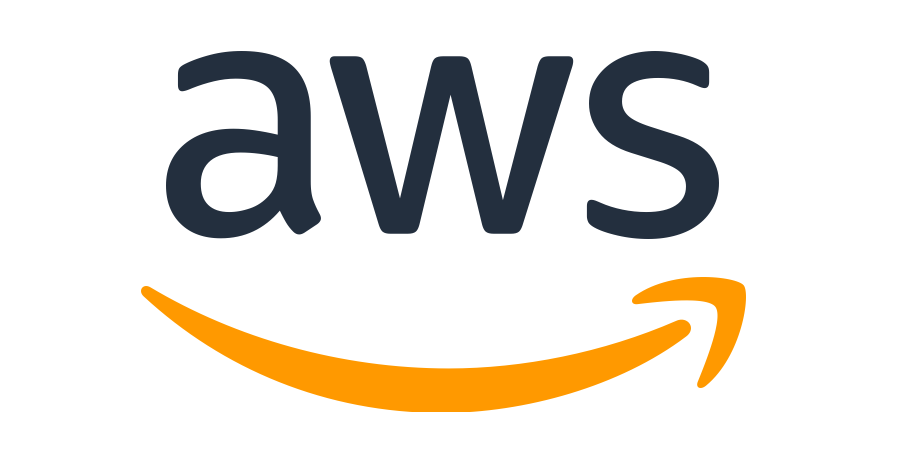
Amazon Web Services
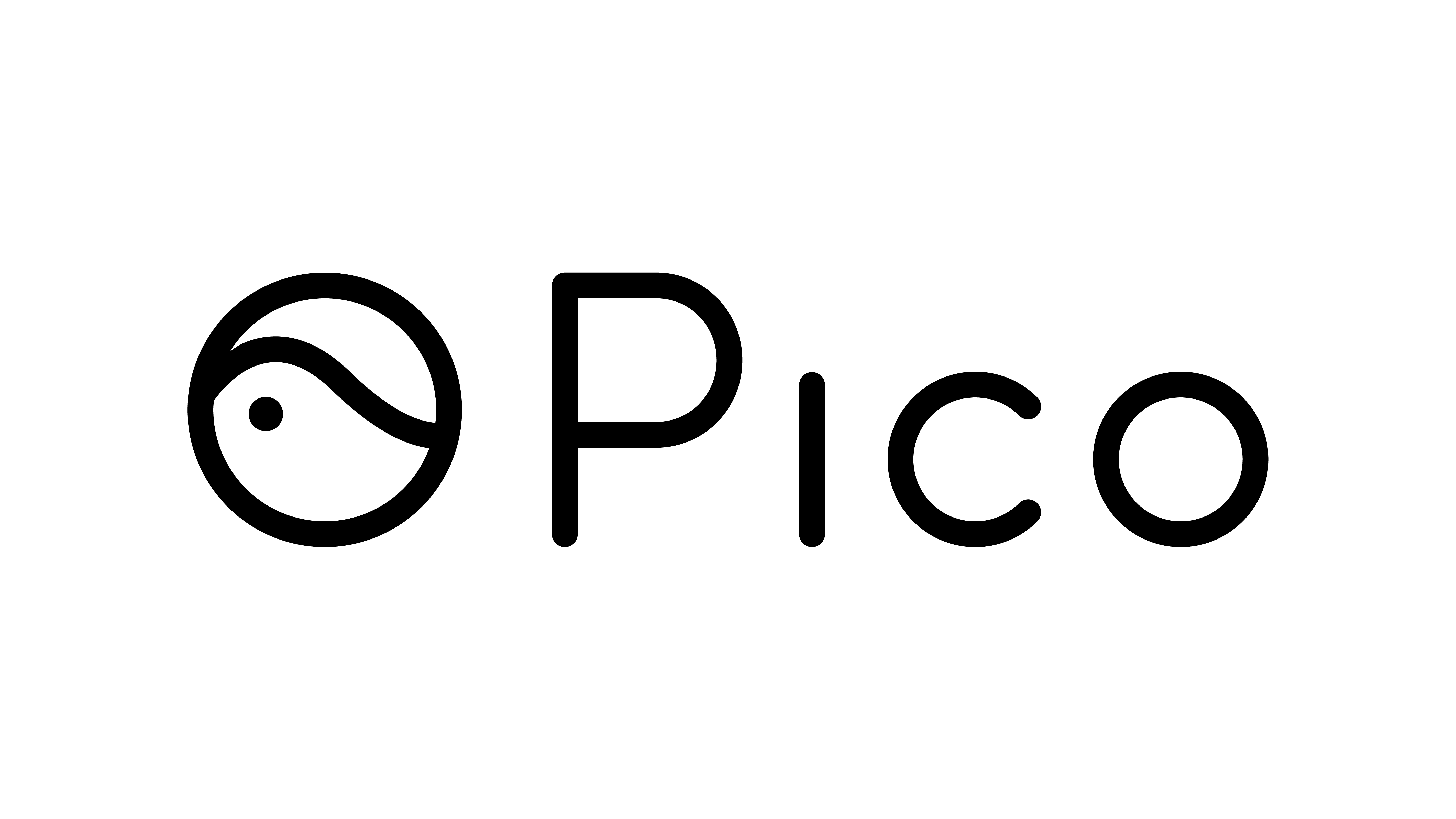
Pico Interactive
Supporter

Emory University
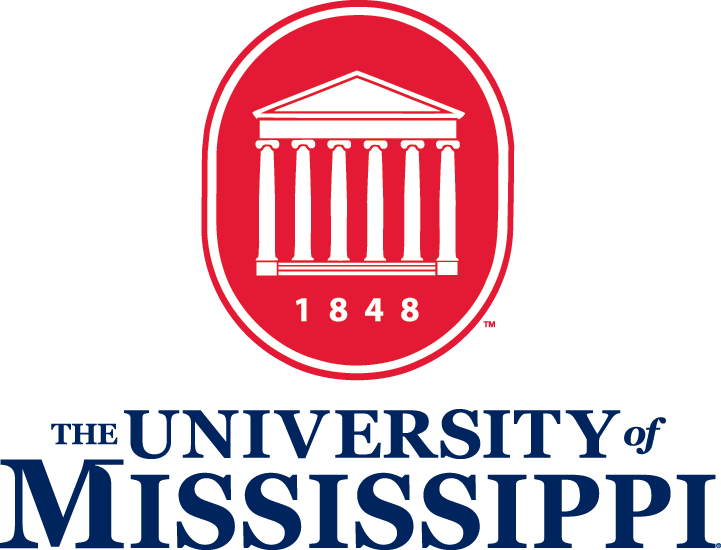
University of Mississippi

Vimeo
Doctoral Consortium Sponsors:

National Science Foundation
Contest Sponsors:

Fakespace Labs
Exhibitors and Supporters
Call for Tutorials
IEEE VR 2020: IEEE Conference on Virtual Reality and 3D User Interfaces
March 22nd - 26th, 2020
http://ieeevr.org/2020
Important Dates
- November 18, 2019: Tutorial submissions due
- December 02, 2019: Initial notification (with review suggestions)
- December 16, 2019: Final acceptance notification
- January 12, 2020: Advance program descriptions for IEEE VR 2020 website due
Overview
Tutorials are an excellent opportunity to offer education in topics in our field for both novice and experienced researchers. We invite members of our community to submit proposals for half-day tutorials to be presented on Sunday, March 22, 2020. Please note that workshops will also be held on this day.
Proposed tutorials may be introductory or advanced and should address topics of interest to the extended reality communities (virtual, mixed, or augmented reality), as well as the 3D user interface community. Proposals will be evaluated on their relevance to the conference topics, their suitability for presentation in a tutorial format, and the qualifications of the instructors. We will strive for a balance of topics in the tutorial program and also consider the potential for interest and attendance. Upon review of submitted proposals, suggestions may be provided by the Tutorials chairs to submitters on how to improve their submission. Suggested topics include but are not limited to:
- 3D interaction
- Input devices
- Haptics, audio, and other non-visual interfaces
- Systems, toolkits, software frameworks, and game engines for VR/AR/MR
- Introduction to virtual, augmented, or mixed reality
- Computer graphics techniques for VR/AR/MR
- Advanced display technology
- Immersive projection technology
- Multi-user and distributed VR/AR/MR
- Serious games
- Tracking and sensing
- Modeling and simulation
- User studies and evaluation
- Immersion, presence, perception, and cognition
- Navigation
- Applications of VR/AR/MR
- Teleoperation and telepresence
Submission Guidelines
Proposals are welcome on topics that have been previously addressed; in addition, new topics, approaches, or insights are especially appreciated. Submissions should include a statement indicating how the proposal differs from recent tutorial presentations that may have approached a similar topic, or why it is important to offer it again. Topics taken from the list of suggested topics appropriate for paper submissions to the main conference are also welcome. Proposals for tutorials should be submitted electronically (PDF) and should include:
- A title for the tutorial
- A brief description of the topics to be addressed, including time allotted to each (roughly 500 words)
- The technical level and intended audience
- The expected value to that audience
- The names, contact information and a short biography (roughly 200 words each) for the proposed instructors. Also include whether the tutorial (or similar one) has been delivered before (where and when), and if so, why it should be held again. This is required whether the proposers organized the previous tutorials themselves or the previous tutorials were taught by someone else. For each accepted tutorial, we will be able to provide a free one-day registration for the day of the tutorial. Tutorial submissions must be submitted via email to the Tutorials Chairs at tutorials2020 [at] ieeevr.org.
Contacts
For more information, to inquire about a particular tutorial topic, or to submit a proposal, please contact the Tutorials Chairs:
- Evan Suma Rosenberg, University of Minnesota, USA
- Stephan Lukosch, Delft University of Technology, The Netherlands
- Gabriel Zachmann, University of Bremen, Germany
tutorials2020 [at] ieeevr.org
